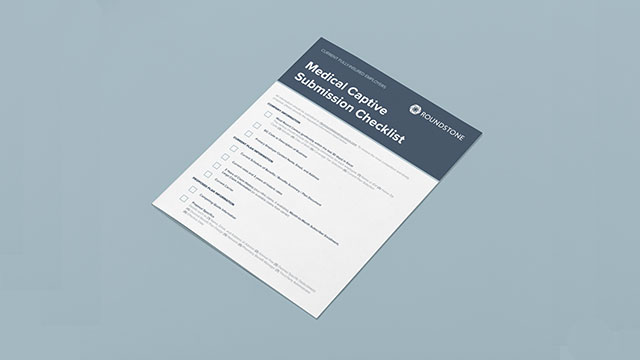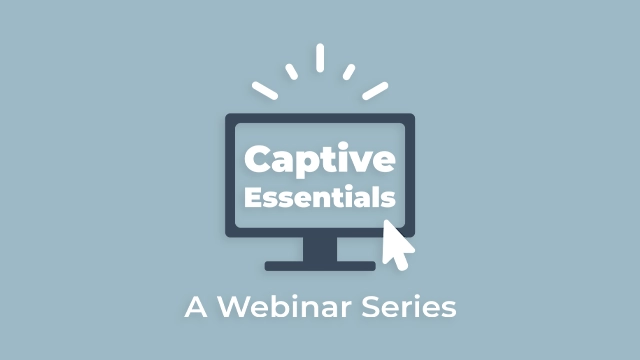Cancer is one of the leading causes of death and disease in the United States. The American Cancer Society (ACS) estimates that approximately 1.7 million new cases of cancer will be diagnosed in the U.S. in 2018. Cancer not only takes a huge toll on the health of patients and their families—it also has a significant financial impact.
As a self-insured employer, it is important to look for ways to control the growing cost of treating this disease. Roundstone employs nurses as part of our cost containment team. Our team is here to assist advisors and employers in identifying ways to minimize these costs while still achieving quality patient outcomes. Reducing the cost of cancer care benefits the patient, their family and the employer group plan.
Recently we had a third-party administrator (TPA) enlist our assistance with a request to allow a patient to obtain care at a Center of Excellence that was an out-of-network facility. Typically, if a patient were to receive services at an out-of-network facility, the level of benefits would be at the lowest level of reimbursement putting additional financial burden on the patient, their family and the employer. During our review, it was determined that the facility was the only facility in the area that was designated as a Center of Excellence. Centers of Excellence have highly specialized programs centered on particular medical areas and provide advanced expertise and treatment options delivered with a comprehensive interdisciplinary approach. Due to this patient’s diagnosis, the stage of the cancer and the prior medical history, it was determined that the best option for this patient was to receive the care at this Center of Excellence. Pricing was negotiated with this facility as part of the case management being provided, and the end result was in the best interest of both the patient and the employer.
Because both the advisor and the TPA were proactive in contacting Roundstone in advance, we were able to work collectively to analyze the choices. Together we determine which option provided the best potential outcome, all while managing the healthcare spend. Unfortunately, there are cases where we are not notified until after the services have been provided, which greatly limits what can be done. Being proactive truly does provide the most flexibility and potential savings.













